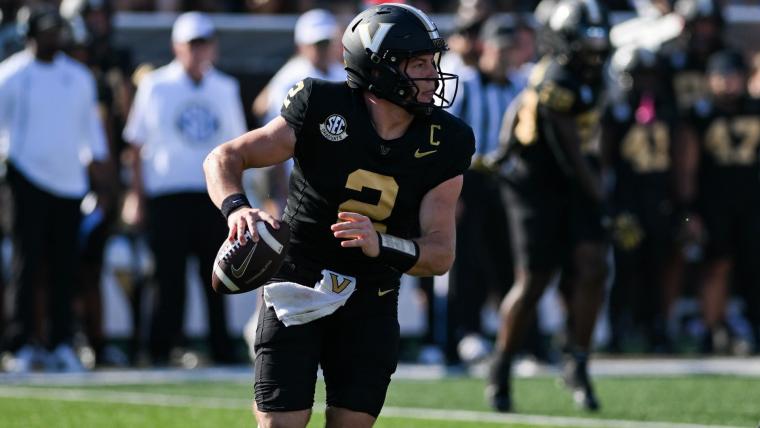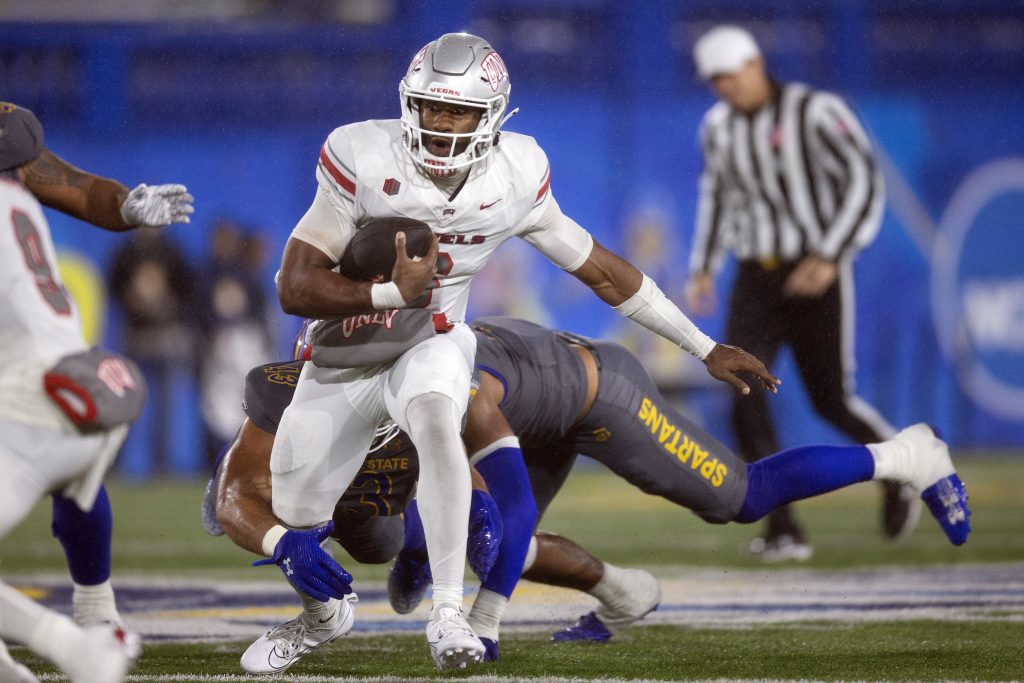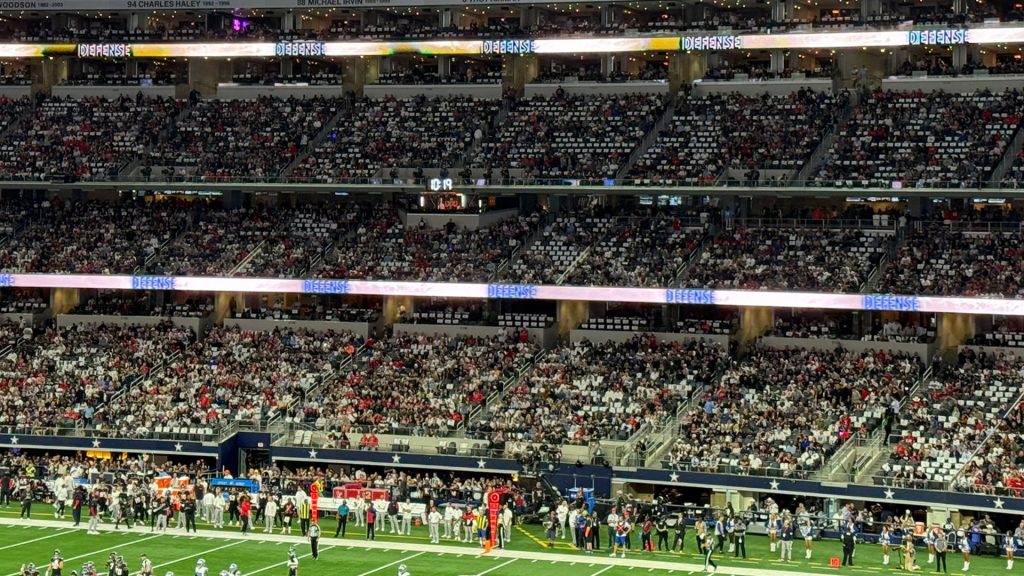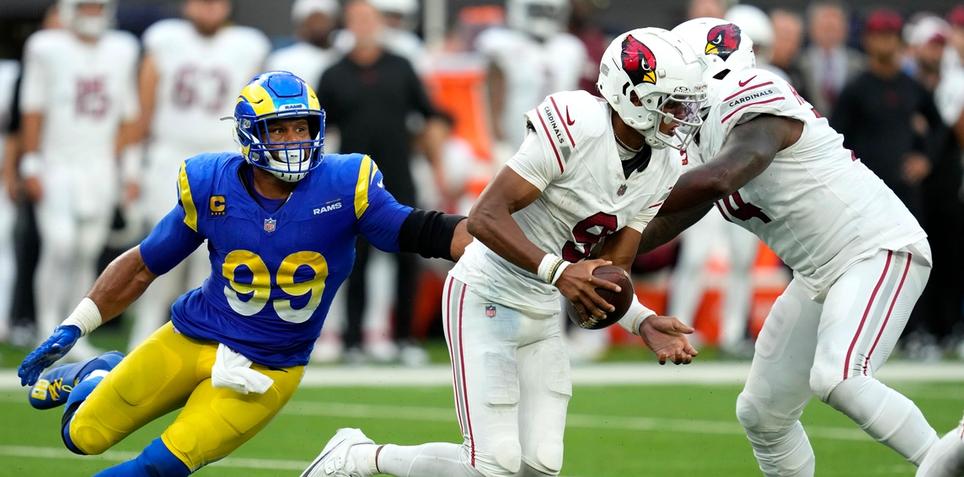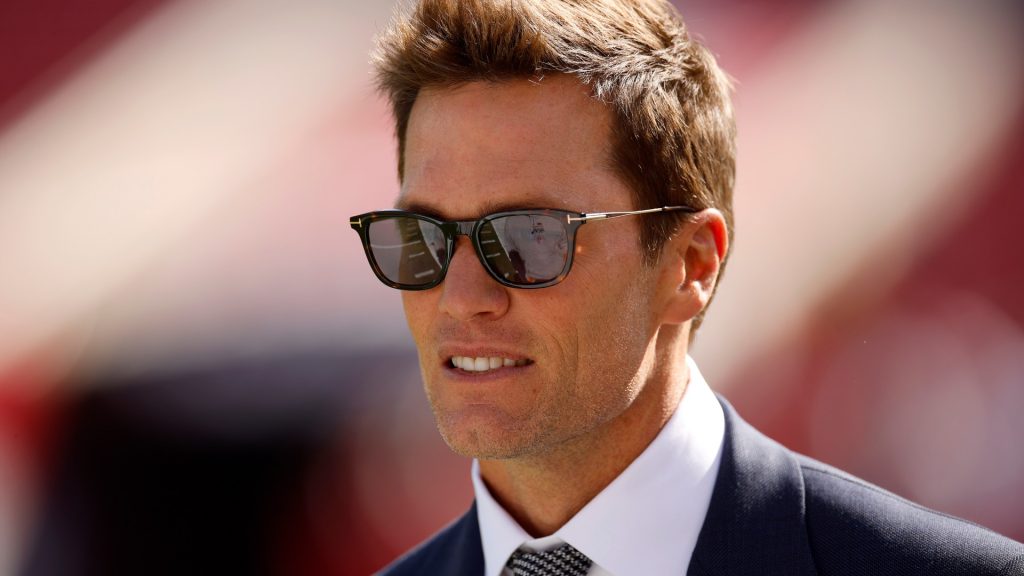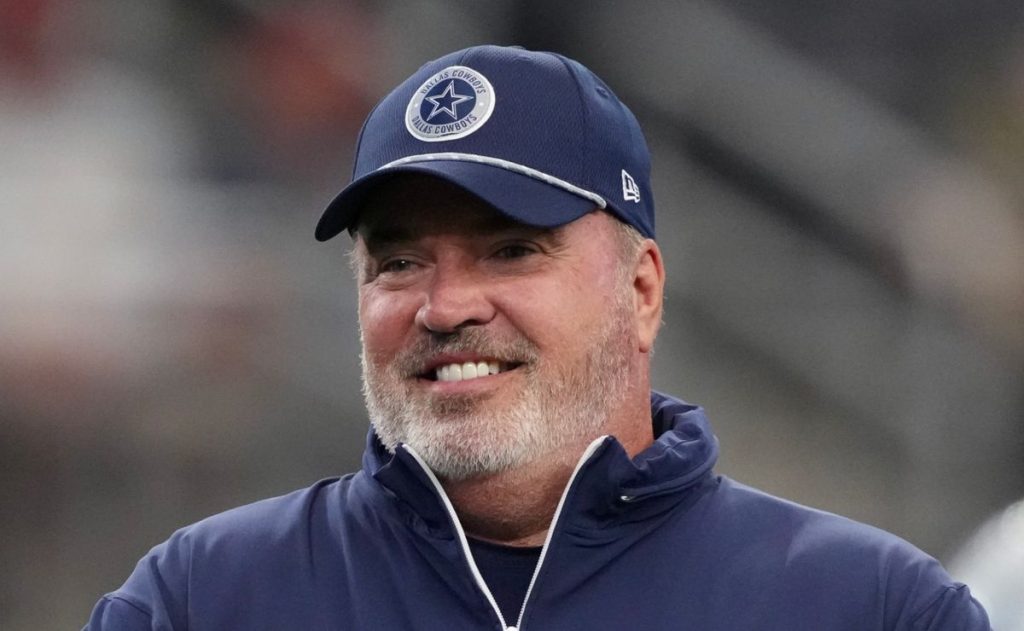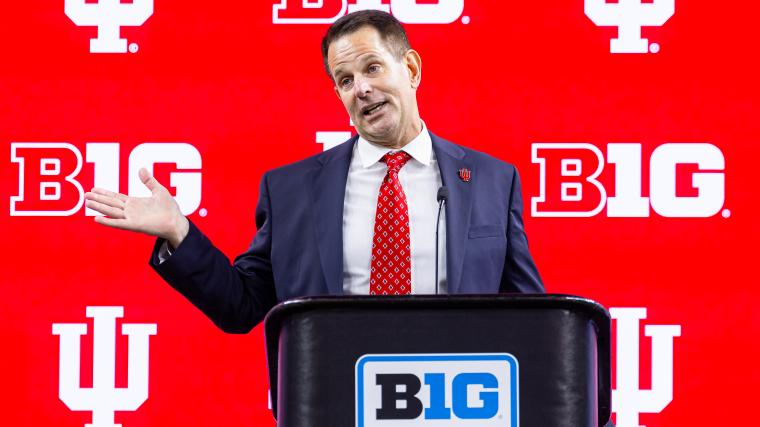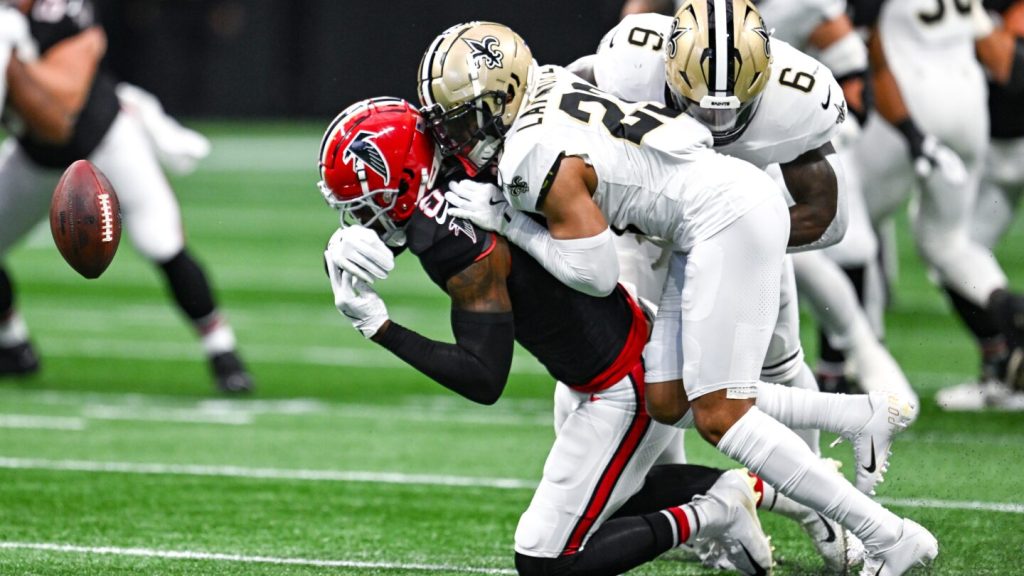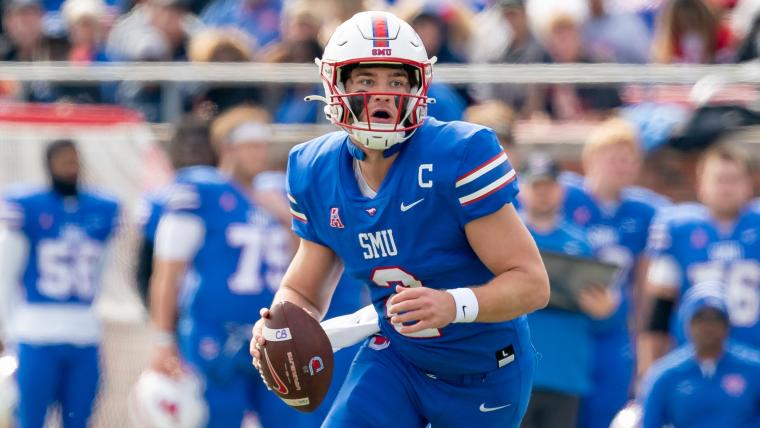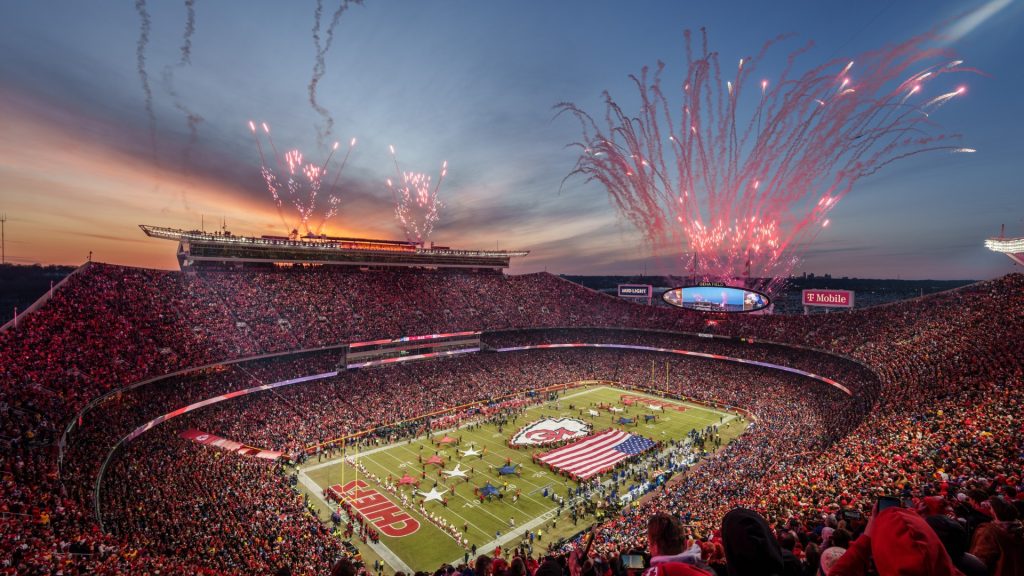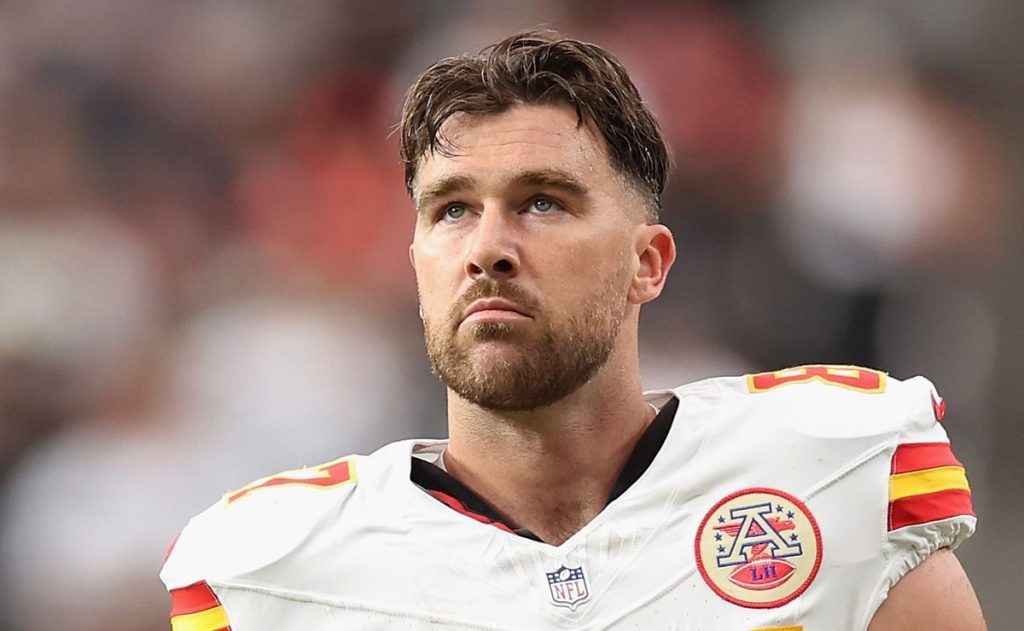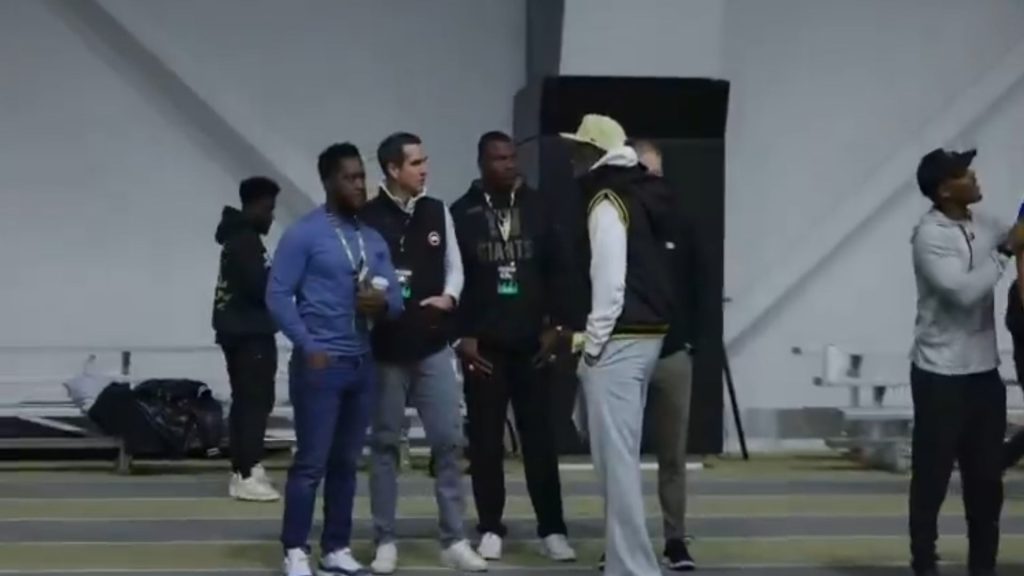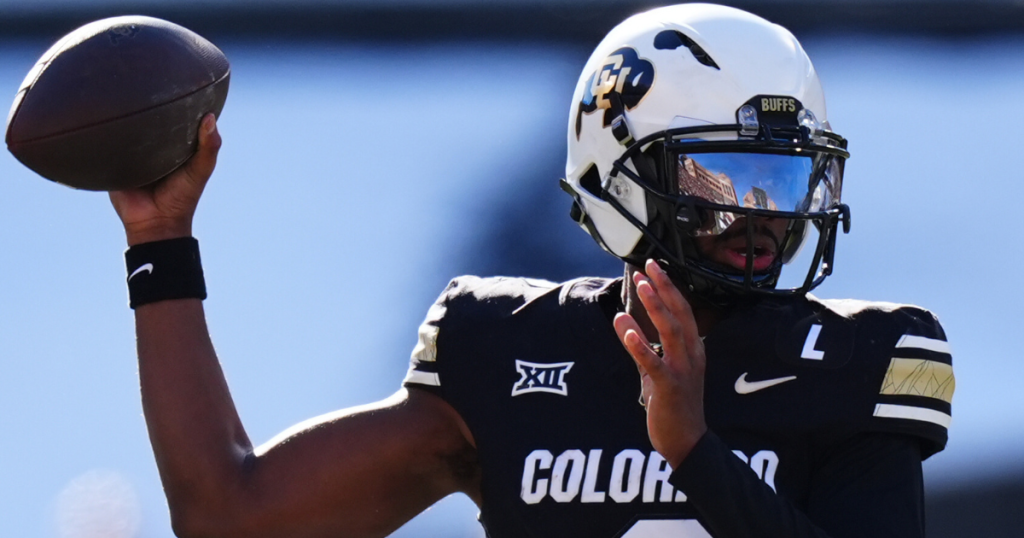Vanderbilt starting quarterback Diego Pavia has made headlines by filing a lawsuit against the NCAA. This bold move comes as the first-year starter seeks to challenge the organization’s rules regarding the eligibility of junior college players in Division I football. Pavia, who previously played at New Mexico State, is aiming to change the landscape for athletes like himself.
Understanding Pavia’s Lawsuit
Pavia’s lawsuit is rooted in the NCAA’s regulations that dictate how long junior college players can participate in Division I athletics. Under current rules, players can only compete for five years unless they take a redshirt year or suffer a season-ending injury. This stipulation has raised eyebrows, particularly because the NCAA begins counting a player’s eligibility from their time at the junior college level.
Pavia argues that this policy is fundamentally unfair. He claims it limits athletes’ opportunities to profit from name, image, and likeness (NIL) deals, which are becoming increasingly vital in the world of college sports. While NIL opportunities exist in lower divisions, they are far less lucrative than those available in Power Five conferences. Pavia’s lawsuit seeks to not only challenge these bylaws but also to secure additional years of eligibility for himself.
Pavia’s Career Journey
Diego Pavia hails from Albuquerque, New Mexico, where he dreamed of playing for the University of New Mexico. However, that dream was dashed when the coaching staff decided against recruiting him, citing concerns about his demeanor. “They called my head coach and basically said that they didn’t want me because they thought I was arrogant,” Pavia shared. This rejection led him to the New Mexico Military Institute, a junior college where he flourished.
At NMMI, Pavia enjoyed a standout season in 2021, leading his team to an NJCAA National Championship. He threw for 1,728 yards and 21 touchdowns while also rushing for 658 yards and seven scores. Despite this success, he still faced a lack of interest from New Mexico, prompting him to transfer to their rival, New Mexico State.
During his time at New Mexico State from 2022 to 2023, Pavia threw for an impressive 4,423 yards with 39 touchdowns and 15 interceptions. He also showcased his dual-threat ability with 1,431 rushing yards and 13 touchdowns. Before the 2024 season, Pavia made another pivotal move, transferring to Vanderbilt, where he has been instrumental in the Commodores’ success.
Vanderbilt’s Rise with Pavia
In Nashville, Pavia has truly found his rhythm. He has led the Commodores to a remarkable 6-3 start this season, which puts them on track for their best finish since 2013. One of the most memorable moments of the season came when Vanderbilt pulled off an unbelievable upset against then-No. 1 Alabama. This victory marked a historic moment for the program, as it was their first win over a top-five opponent in 40 years.
Pavia’s fiery personality and leadership have resonated with fans and teammates alike. After the monumental win over Alabama, he delivered an unforgettable postgame speech, exclaiming, “VANDY WE’RE FUCKING TURNT.” His enthusiasm has not only energized the Commodores but also captured the attention of the college football world.
The Implications of the Lawsuit
If Pavia’s lawsuit succeeds, he could gain an additional year of eligibility, potentially two. This could have significant implications not just for him but for junior college players across the nation. However, the outcome of this case remains uncertain, and it could take time to reach a resolution.
The NCAA has faced a challenging legal landscape recently, with several court rulings not in their favor. For instance, a federal judge in Tennessee recently prohibited the NCAA from enforcing NIL rules, and the organization is also working towards a historic settlement that would allow member schools to share revenue. This settlement stems from a landmark lawsuit that aims to distribute $3 billion in backpay to Division I athletes who were barred from receiving NIL money from 2016 to 2021.
Pavia’s Case Against the NCAA
At the heart of Pavia’s complaint is the argument that the NCAA’s JUCO Eligibility Limitation Bylaws unfairly restrict college athletes’ economic opportunities. He states that these rules hinder personal growth and well-being by limiting the time athletes can participate in Division I football. Pavia contends that this restriction is anticompetitive and violates the Sherman Act, as it disproportionately affects junior college transfers compared to other athletes who delay their entry into Division I.
In essence, Pavia’s lawsuit seeks to level the playing field for junior college players, allowing them the same opportunities as those who enter college football directly from high school. The current rules, he argues, create an inequitable system that stifles the potential of talented athletes.
With his compelling backstory, impressive performance, and fiery determination, Diego Pavia has become a figure to watch in college football. As he navigates this legal battle, fans and athletes alike are eager to see how this lawsuit unfolds and what it could mean for the future of college athletics. Will Pavia’s fight for fairness lead to a significant change in NCAA regulations? Only time will tell, but one thing is certain: his journey is far from over.

